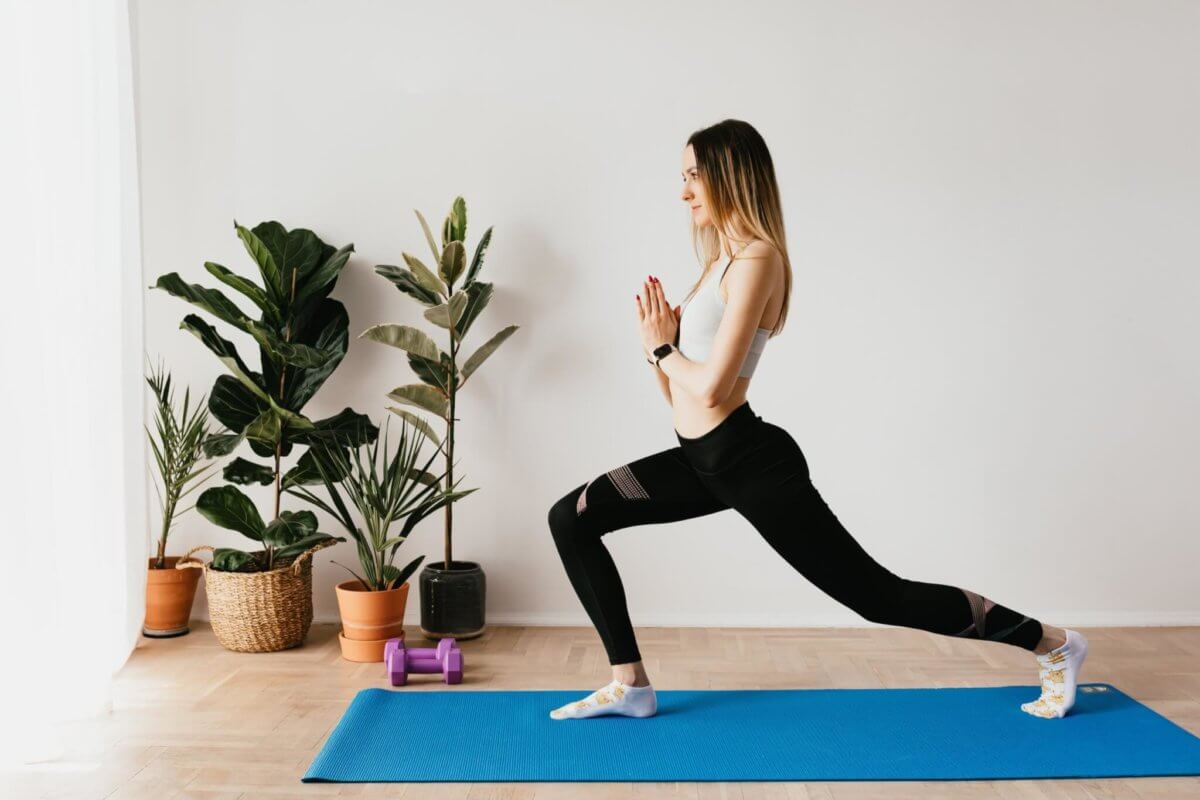URBANA, Ill. — You may have heard that mindfulness has a host of benefits, namely helping to promote relaxation when things get overwhelming. Now, yoga has been shown to help with this as well, reducing stress and anxiety among working adults. Thanks to the results of a virtual, eight-week, moderate-intensity program led by University of Illinois-Champaign researchers, a new study finds stressed out workers can find relief in the comfort of their own home.
“There is some literature that has directly compared yoga to aerobic exercise, and we’ve known for quite a long time that aerobic exercise has benefits for the brain,” says Sean Mullen, an associate professor in the Department of Kinesiology and Community Health at the University of Illinois Urbana-Champaign, in a media release. “Our research investigates complex movements — not just riding a bicycle or walking in a straight line, but multi-planar movements that require navigating one’s space a little differently and being conscious of movement, technique, and breathing.”
The program guided participants with self-paced instructional videos that helped them to go through Sun salutations, which are a series of yoga poses that mimic the sunrise and sunset. As the weeks went by, they were slowly encouraged to branch out and become more and more self-sufficient by doing the exercises without guidance.
“Our philosophy is to improve everyone’s confidence about the exercise in which they’re engaging,” explains Mullen. “We start slow and incrementally progress.”

The team wanted to see if doing activity with multiple sequences like yoga would help improve working memory, similar to how learning a dance would.
“Having to move through multiple active postures, as opposed to static holds, should theoretically improve attentional abilities or inhibition control,” says Mullen. “Going through the flow could potentially improve spatial memory.”
The researchers also wanted to look into how individuals would adhere to a virtual exercise program, and coincidentally this work coincided with the onset of COVID-19, which offered unique insight.
“The reductions in anxiety and improvements in short-term working memory suggest that it is possible to practice moderate-intensity yoga at home and still reap the benefits of reducing stress and anxiety without compromising safety,” says Mullen. “[The study] really became about promoting resilience in dark times.”
Participants even recommended the program to family and friends, suggesting that people really felt that they came away with benefits after the eight weeks.
Mullen’s lab is planning to continue to test mind-body interventions and promote adherence to exercise by developing more technologies to encourage greater participation in activities that challenge the mind such as yoga and kickboxing.
“We always try to keep it fun, keep it interesting, incorporate variety, and ensure our programs are as inclusive as possible,” Mullen concludes. “We tailor our programming so more people can take advantage, such as older adults or those with mobility limitations.”
The findings are published in the Journal of Behavior Medicine.
You might also be interested in:

